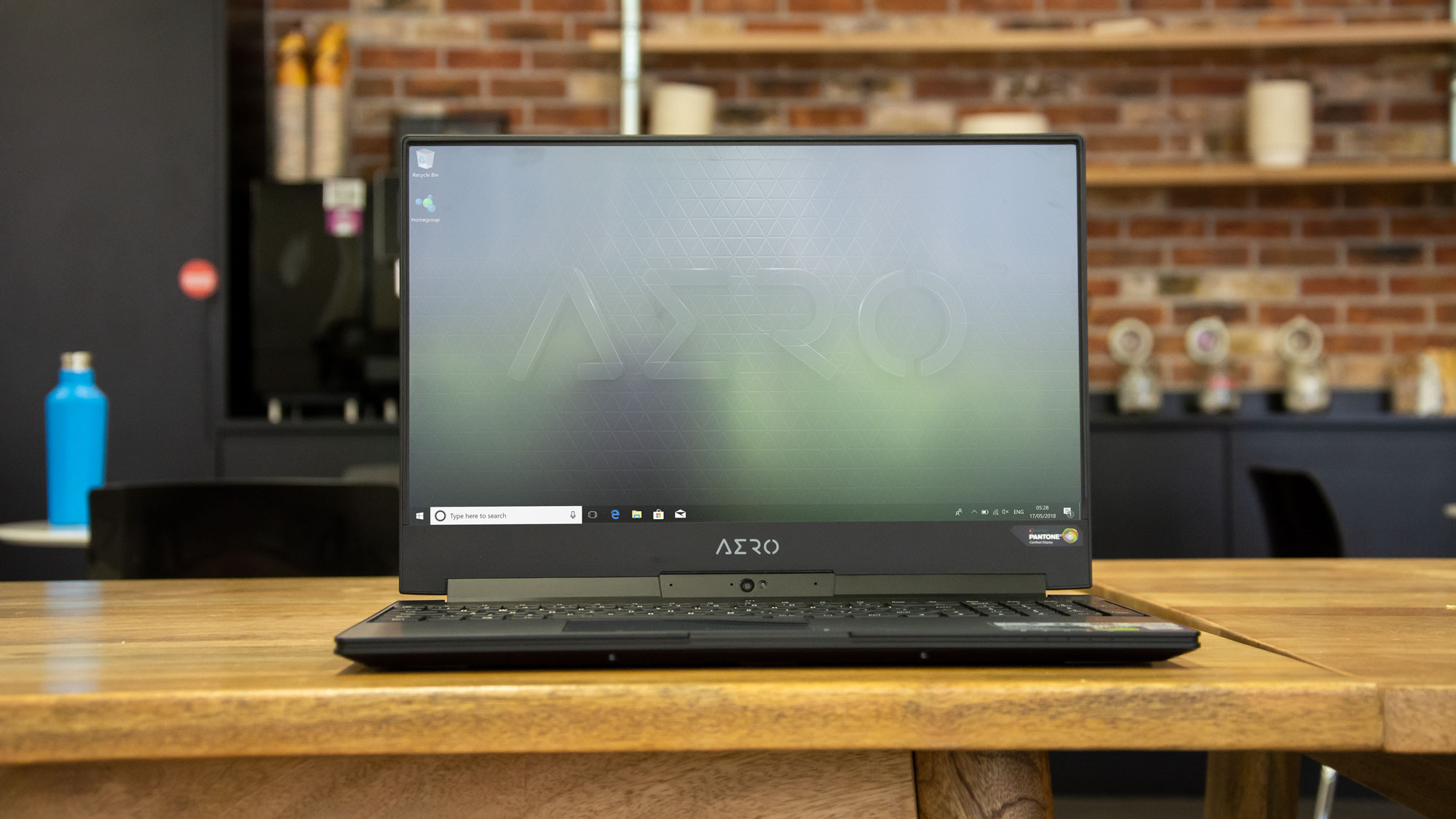Wireless VoIP phones are an apparent and excellent alternative for retail businesses, institutions, and even hospitals to consider. There is no longer a desire for a society to have distinct work (computer-based) and voice communications systems (telephone-based). Personal and business communications can be extensive.
Voice over Wireless is expected to be the next step forward in wireless communications with the convergence of VoIP and Wi-Fi.
Wireless Internet VoIP phones are on the rise. Internet phone companies have created Wi-Fi VoIP phone technology by combining wireless networking with Voice Over Internet Protocol phone service.
Vow LAN, or voice over wireless local network areas, and Wi-Fi phones are other terms for wireless VoIP phones. The operation of wireless VoIP phones necessitates the use of a data network that includes Wi-Fi equipment. Wireless hotspots provide Internet access, allowing VoIP Wireless phones to communicate.
The advantages of utilizing this technology are self-evident. Apart from providing independence, wireless VoIP phone systems enable communities to combine communications such as phone calls, email, and text messaging, allowing them to function together in a single system. This ability allows you to save both time and money.
Voice over Internet Protocol (VoIP) is increasing popularity as more businesses and individuals switch from traditional phone service to phone service over the Internet, with benefits that exceed the disadvantages of traditional phone service.
1. User-Friendliness
The VoIP phone handsets are simple to operate: You already have the skills to run a Wi-Fi VoIP phone if you have a cell phone. Simply type in the phone number and select Send to make a call. Calls are then routed through your VoIP provider to the public switched phone network.
2. When You Move, Keep Your Phone Number.
VoIP phones also have the advantage of allowing you to keep your current phone number regardless of where you move as long as you have high-speed Internet access.
VoIP phone conversations allow you to complete assignments faster over the same broadband connection, regardless of your location, by connecting to your service provider via the Internet.
3. Efficient
Connecting VoIP calls to a household broadband connection over a Wi-Fi network can be done for free or for a fraction of the cost of a cell phone call.
4. Spend Less
Anyone could make an Internet phone call to anyplace in the globe for a flat charge or reduced rates using Wi-Fi VoIP phones that use the Session Initiation Protocol (SIP) standard.
5. Features
Many people nowadays prefer VoIP to analogue phones. When it comes to cost effectiveness, standards, quality, and convenience of use, analogue or traditional phones are losing the battle to VoIP.
Many calling capabilities, such as fast dialing, call forwarding, call waiting, and conference calling, are available on Wi-Fi VoIP phones, enhancing speech quality. Many handsets now include high-resolution displays, menu-driven functionality, and messaging capabilities, all of which contribute to superior speech quality and mobility.
Because many new VoIP phones are built to increase with system capabilities, their characteristics will undoubtedly keep up with new system upgrades.
6. Convenience
Wi-Fi Users can enjoy the same ease and portability with VoIP phones as they do with a wireless Internet connection in their homes.
7. Flexibility
Wi-Fi VoIP phone technology takes flexibility to the next level. This phone technology improves mobility by allowing customers to make calls from anywhere as if they were using their cordless phones. Its performance is comparable to that of a Wi-Fi internet modem.












